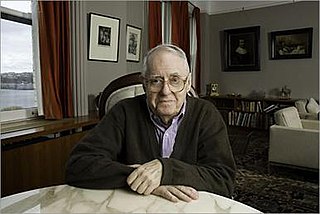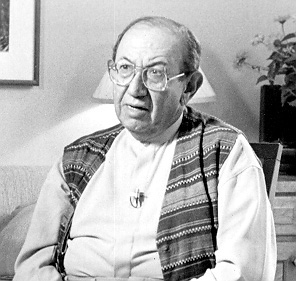A Quote by Ellen Glasgow
... the novel, as a living force, if not as a work of art, owes an incalculable debt to what we call, mistakenly, the new psychology, to Freud, in his earlier interpretations, and more truly, I think, to Jung.
Related Quotes
Unlike Freud, Jung did not believe that a dream is a mask for a meaning already known but deceitfully withheld from the consciousmind. In his view, dreams were communication, ideas expressed not always straightforwardly, but in the best way possible within the limits of the medium. Dreaming, in Jung's psychology, is a constructive process.
Freud, Jung thought, had been a great discoverer of facts about the mind, but far too inclined to leave the solid ground of "critical reason and common sense." Freud for his part criticized Jung for being gullible about occult phenomena and infatuated with Oriental religions; he viewed with sardonic and unmitigated skepticism Jung's defense of religious feelings as an integral element in mental health. For Freud, religion was a psychological need projected onto culture, the child's feeling of helplessness surviving in adults, to be analyzed rather than admired.
Mythologies were the earliest dreams of mankind, and in the psychotic delusions of his patients, Jung believed he was encountering those dreams again. Freud, too, believed that the psyche retained archaic vestiges, remnants of our earlier mental world. But for Freud these were a burden we were forced to repress. Jung instead would see them as a reservoir of vital energy, a source of meaning and power from which, through the over-development of our rational minds, modern mankind has become divorced.
However patriarchal the world, at home the child knows that his mother is the source of all power. The hand that rocks the cradlerules his world. . . . The son never forgets that he owes his life to his mother, not just the creation of it but the maintenance of it, and that he owes her a debt he cannot conceivably repay, but which she may call in at any time.
Beauty has never been an important topic in the writings of the major psychologists. In fact, for Jung, aesthetics is a weak, early stage of development. He follows the Germanic view that ethics is more important than aesthetics, and he draws a stark contrast between the two. Freud may have written about literature a bit, but an aesthetic sensitivity is not part of his psychology.
I'm not close to him." He looked at me defiantly. "But he's put his whole life into this. He's no Freud or Jung or Pavlov or Watson, but he's doing something important and I respect his dedication - maybe even more because he's just an ordinary man trying to do a great man's work, while the great men are all busy making bombs.
Sometimes we forget that if we do not encourage new work now, we will lose all touch with the work of the past we claim to love. If art is not living in a continuous present, it is living in a museum, only those working now can complete the circuit between the past, present and future energies we call art.
The Bible is clear about two principles: (1) We always need to forgive, but (2) we don’t always achieve reconciliation. Forgiveness is something that we do in our hearts; we release someone from a debt that they owe us. We write off the person’s debt, and she no longer owes us. We no longer condemn her. She is clean. Only one party is needed for forgiveness: me. The person who owes me a debt does not have to ask my forgiveness. It is a work of grace in my heart.
In a play, certainly, the subject is of more importance than in any other work of art. Infelicity, triviality, vagueness of subject, may be outweighed in a poem, a novel, or a picture, by charm of manner, by ingenuity of execution; but in a drama the subject is of the essence of the work-it is the work. If it is feeble, the work can have no force; if it is shapeless, the work must be amorphous.






































